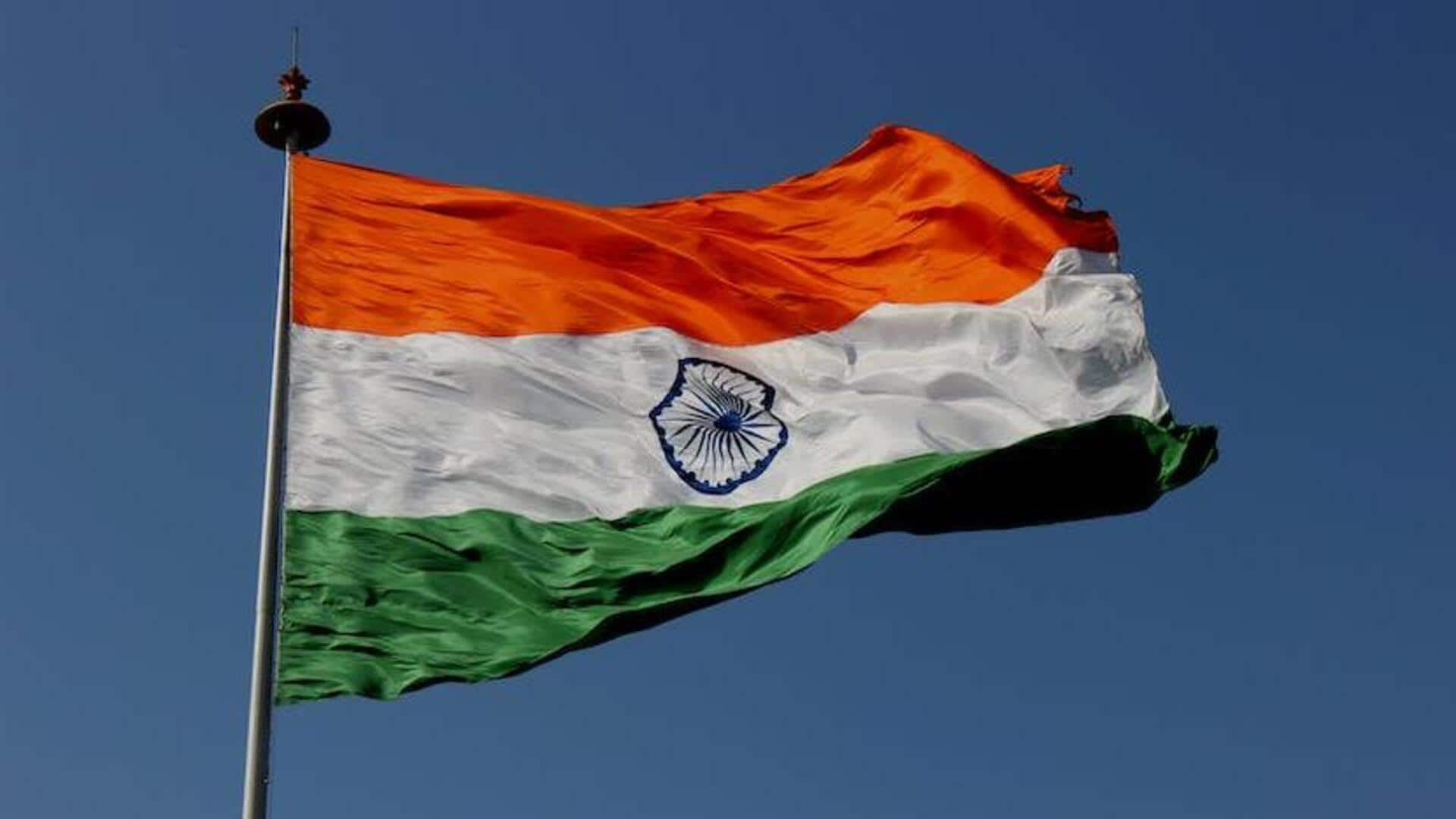
You can acquire Indian citizenship through these ways
What's the story
When it comes to attaining Indian citizenship, certain elements of an individual's rights and entitlement are taken into consideration. According to the Citizenship Act of 1955, you can acquire citizen status in India in four ways, which are birth, descent, registration, and naturalization. Want to know more about it? Well, here's an in-depth explanation of each.
By Birth
Section 3 of Citizenship Act provides for citizenship by birth
People born in India on/after January 26, 1950, and before July 1, 1987, are Indian citizens irrespective of their parents' nationality. Those born on/after July 1, 1987, and before December 3, 2004, are considered citizens if either parent is Indian. People born on/after December 3, 2004, if both parents are Indians (or one is Indian and the other isn't an illegal immigrant).
By Descent
Citizenship by descent as per Section 4 of the Act
Anyone born outside India on/after January 26, 1950, and before December 10, 1992, is a citizen by descent if their father was Indian. Those born on/after December 10, 1992, are considered citizens if either parent is Indian. And people born on/after December 3, 2004, if their parents registered their birth at Indian consulates within one year and the minors don't hold other countries' passports.
By Registration
Section 5 of the Act deals with citizenship by registration
Citizenship by registration can be availed by persons of Indian origin residing in India for seven years before applying for registration. It also applies to those who are married to Indians and have been residing in India for seven years and minors whose parents are Indians. Persons of Indian origin—who are residents of any country outside undivided India as per Section 5(1)(b)—are also eligible.
By Naturalization
Citizenship by naturalization as per the Act's Section 6
Individuals (who aren't illegal immigrants) can acquire Indian citizenship by naturalization if they've been residing in India for 12 years, provided they fulfill other requirements mentioned in the Act's Third Schedule. Under the Citizenship (Amendment) Act, 2019, however, the duration of residency for naturalization for non-Muslim immigrants (Hindu/Sikh/Buddhist/Jain/Zoroastrian/Christian) facing religious persecution in Pakistan, Afghanistan, and Bangladesh has been reduced to five years.
Information
Citizenship Act doesn't allow dual nationality or citizenship
Also, the Citizenship Act does not provide for dual citizenship or dual nationality in India. So, individuals who have acquired Indian citizenship—by registration or through naturalization—are required to declare an oath of allegiance to India and also renounce their previous citizenship.